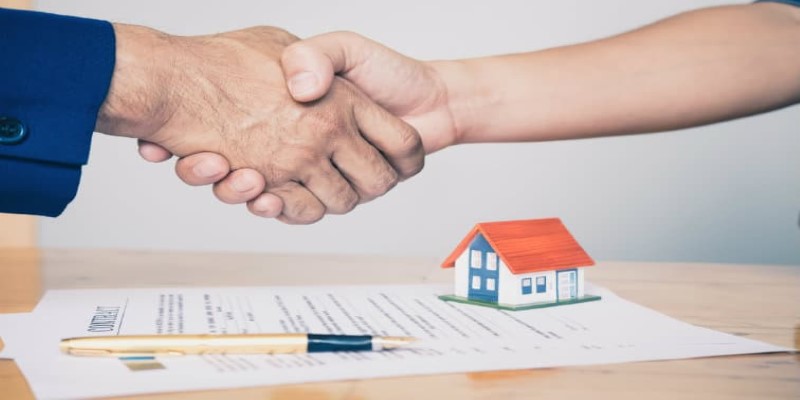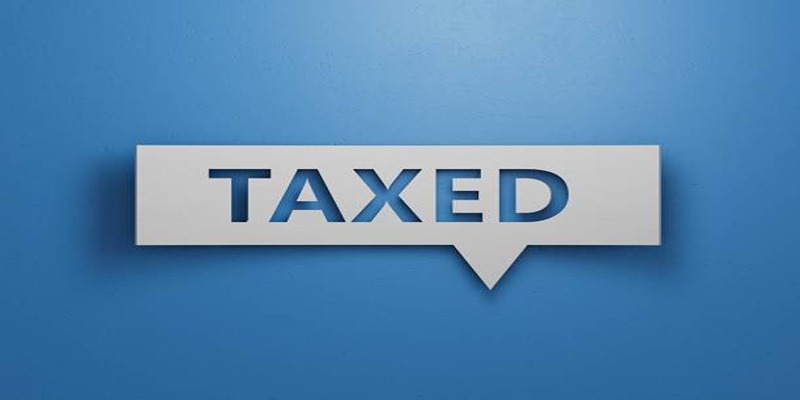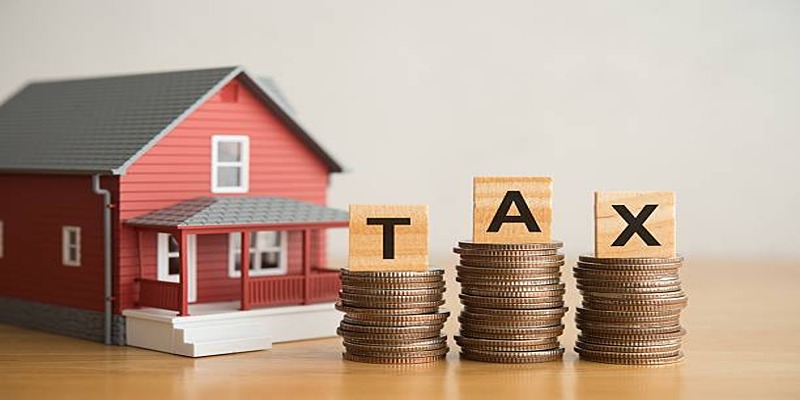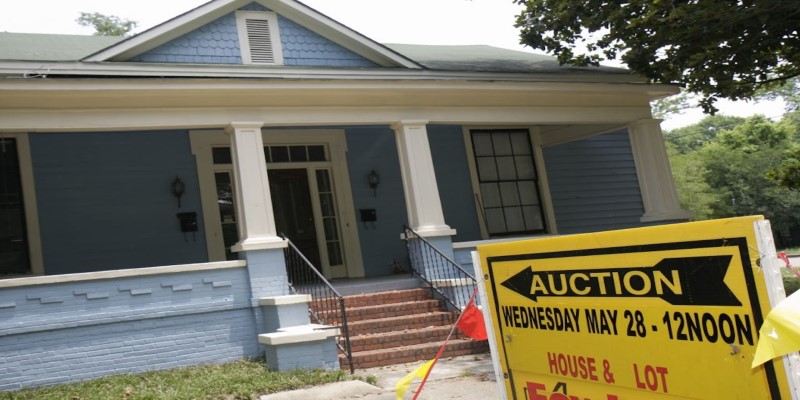Buying a second home isn't just for the ultra-wealthy or seasoned investors. It's a practical step for many people who want a vacation retreat, a weekend getaway, or even a property for future retirement. Some just want a place closer to family or a foothold in a favorite city.
Whatever the reason, buying a second home is different from buying your first. It’s not just about affording another property—it’s about understanding how to manage two. From financing and taxes to upkeep and rental possibilities, the details matter. Here's how to buy a second home the smart way.
Start With Your Finances
The first step is checking how much you can afford without stretching yourself too thin. Lenders tend to be stricter when it comes to financing a second home. Unlike a primary residence, a second home is considered riskier, which means you might need a bigger down payment—usually around 10% to 20%—and a stronger credit profile. Your debt-to-income ratio must show you can handle another mortgage, property taxes, insurance, and maintenance.
If you're still paying off your first mortgage, that monthly amount will factor heavily into whether you're approved for the second one. Lenders want to see that you have enough income or assets to cover both. Some buyers try to offset these costs by planning to rent out a second home, but that's not always considered acceptable income during the loan approval process unless you can prove a consistent rental history.
Besides the mortgage, remember that second homes come with ongoing expenses. There may be HOA fees, seasonal utility costs, lawn or snow services, repairs, and general wear and tear. If the property is far from your primary home, you might also need to hire someone locally to help manage it when you’re not there.
Picking the Right Location
Location is key, but it depends on your reason for buying. If it's for vacations or future retirement, think about travel time. Is it close enough for weekend use, or must you fly there? For investment purposes, look at market demand and growth potential. Some areas are more favorable for long-term appreciation, while others are better for short-term rental returns.
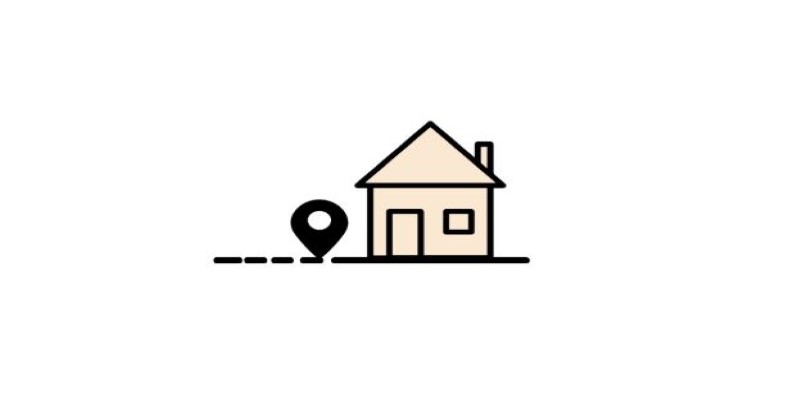
You'll also need to know that area's zoning laws and short-term rental rules. Some towns and cities have placed strict limits or outright bans on renting second homes for short stays. If the property is in a high-demand vacation area, you'll want to research both the busy and off-seasons to estimate potential occupancy and revenue if that's part of your plan.
Even if you don’t plan to rent the home, the surrounding neighborhood and amenities will affect your long-term satisfaction and future resale value. Is there good access to grocery stores, medical care, and emergency services? Is it a growing area or one in decline? These questions help frame your decision with a long-term perspective.
Understand the Tax Implications
One of the biggest differences with a second home is how it's treated at tax time. The IRS draws a line between personal and rental use, which affects what you can deduct.
Suppose you only use the home personally or let friends and family stay for free. In that case, you may deduct mortgage interest and property taxes, similar to a primary residence. However, this only applies if you itemize your deductions. On the other hand, if you rent it out for more than 14 days a year, things change.
Rental income must be reported, but you may also be able to deduct expenses tied to the rental period, like utilities, cleaning, management fees, and depreciation. If you use the home for part of the year, the expenses must be divided based on the number of rental days vs personal-use days.
You'll also want to think about capital gains taxes down the line. Unlike a primary residence, where some gains can be excluded, a second home doesn't offer the same break. If you later sell it for a profit, you may owe taxes on the full gain unless you convert it into a primary home and meet the requirements for exclusion. It's worth talking with a tax professional before purchasing to understand what you're stepping into.
Plan for the Long Term
A second home is often bought with a personal vision but needs a practical plan. How will you manage maintenance if it's not near your primary residence? Who will check in after a storm or during the off-season? Who will clean and turn over the unit between guests if you're renting it out? These are real, ongoing concerns.
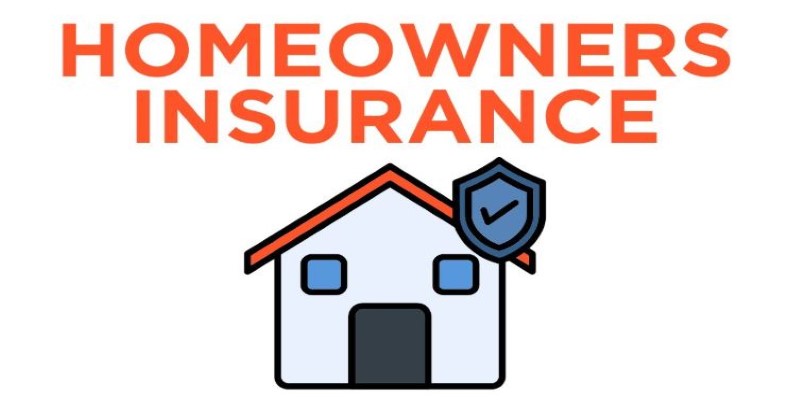
Insurance is another factor. Second homes, especially those in areas prone to hurricanes, wildfires, or flooding, usually cost more to insure. You may also need a separate policy to rent the property out. Standard homeowners insurance often doesn't cover short-term rentals, so be prepared to shop for the right coverage.
Some buyers eventually decide to transition their second home into a full-time one in retirement. Consider how the property will serve your future needs if that's your goal. Is it accessible? Does it have year-round services and infrastructure? Will the area still appeal to you ten or twenty years from now?
It’s also helpful to leave some flexibility in your financial plan. Life changes, and so might your needs. If the second home becomes too expensive or isn’t used as much as expected, you’ll want to have an exit strategy. That might mean selling, renting longer-term, or passing it on to family. Knowing your options can ease the stress of a shift later on.
Conclusion
Buying a second home takes more than just desire. It requires solid financial footing, a realistic plan, and a clear understanding of the long-term commitment. Whether you're looking for a relaxing retreat, a place to gather with loved ones, or a future retirement spot, the decisions you make early on will shape how well they fit your life. Buying a second home can offer comfort and value—and maybe even a second start with the right preparation.

